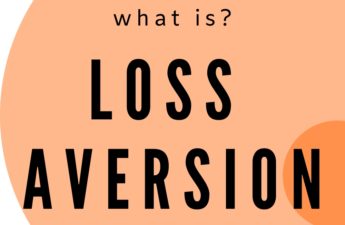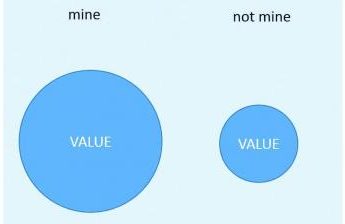The relationship between our awareness of the roles of luck (chance) and skill yields a horseshoe. It’s a U curve. Assume there are different levels of skill at a task, profession, trade, or whatever. As a person progresses in their skill, their attitude towards luck and chance changes. It starts out where the beginner feels they have no impact on the outcome. Next, after gaining skill the person may become overconfident and feel they are in command. Skill conquers all. Luck doesn’t play a role. The highest level of skill – mastery – is realizing that the more they learn…
Category: Decision Making
Streaks and Probability. Does the “Hot Hand” exist?
In a previous post, I talked generally about the usefulness of gaming theory for business decision-making. The situation where a gaming sponsor – the casino – controls all aspects affecting the outcome. To the determinant of the ‘player.’ There are many mental traps decision-makers fall into that create bad decisions. A lack of understanding of probability and statistics is a big one. Let’s examine “streaks” and “hot hands”. Statistics students are taught about the normal distribution. Investopedia defines a normal distribution as “a probability distribution that is symmetric about the mean, showing that data near the mean are more frequent…
Luck, Casino Gambling and Decision Making
I’ve known a few people with gambling problems. Some research indicates that 4% of active gamblers develop a problem. A gambling problem is never good. Observing their gambling issues stimulated my interest in the psychology of gambling and how it affects those people. More interesting is how the same psychological traps that gamblers fall into also affect business decision-making in a broader sense. There is a wider application than just the “controlled” setting of gambling games. Decision theorists have developed an entire field of study called Game Theory that, in part, looks at this. Applying game situations and their related…
Another Way To Decide If Debt is Worth It
As Warren Buffet said, “the only way smart people go broke is through leverage”. But how smart people get to the point where they go broke is an interesting study in psychology. The trick is knowing how to balance off the risks and rewards. The most important factor to consider is that the amount of the debt needs to be less than the value of the reason why you took it on. Here is a consumer example: one individual took on a six-figure student loan debt to gain a professional credential in a low-paying niche healthcare field. The field is…
Does Losing Cause More Pain Than a Gain Gives Satisfaction?
This question has been repeatedly studied by behavioral economists and psychologists. The answer up until now has always been ‘Yes’. Until now. Studies supporting the Loss Aversion idea are fairly numerous. These studies come from some of the most prestigious psychologists out there. For example “the value function is considerably steeper for losses than for gains’ (Tversky and Kahneman 1986). Or “the asymmetry is commonly thought to occur because people expect the pain of losing something to exceed the pleasure of gaining it” (McGraw et al., 2010). Forgive me for not providing proper citations. This is a blog, not a…
This Way of Thinking is Common in Business Valuation
What is a very common issue that business valuators come across? It’s that most people overvalue the things they already own. In valuing companies for buy/sell or acquisition purposes, it is extremely likely that the owner (seller) will place a higher value on the business than the buyer. This is called the endowment effect by psychologists and behavioral economists. This is so common in the M&A world that intermediaries just expect this to occur. It’s an automatic. Why is this? Behavioral economists have researched and written about the many ways human behavior deviates from standard economic theory. Standard economic theory…
Business Valuations Are Good for Your Business
There are over 10 million small businesses in the United States. At any given time at least 10% of these businesses are facing a business transition issue. Most of those businesses facing a transition issue need valuations for tax reasons or for optimum financial planning. Or for an ownership change due to retirement or related issues. The number of businesses facing the transfer of ownership issues will continue to rise over the coming years as more baby boomers hit the age at which they would rather be on the golf course than in the office. Baby boomers’ children and new…






